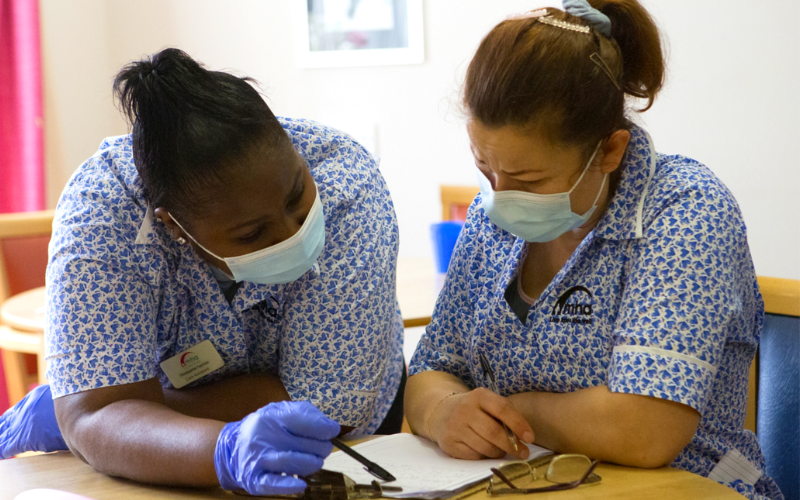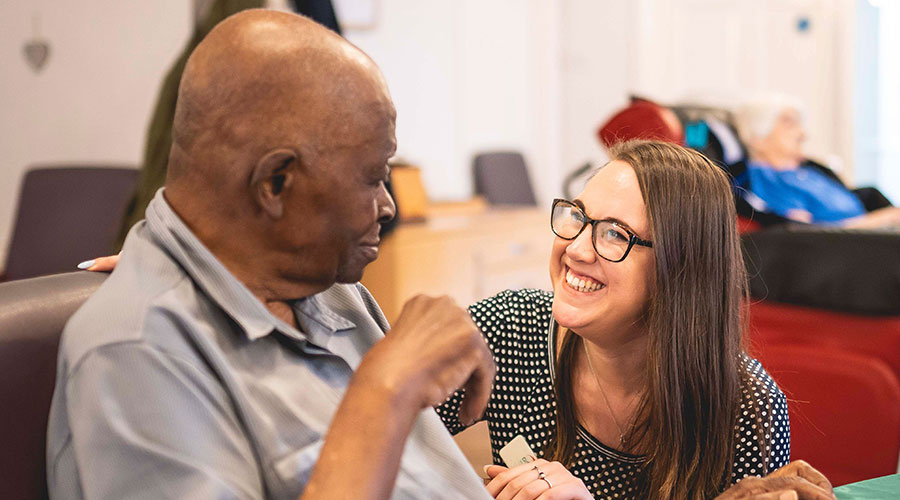How do I pay for my care?

Care, whether this is private care from within your own home or provided by a care home, unfortunately, is rarely free. We understand it is a big financial undertaking. We've provided some information and guidance below to help support you with funding arrangements.
Before you start, you might want to read the 'Understanding your Care Funding' leaflet created especially for you by our partners Legal & General who have a Care Concierge Service. The service is made up of a team of dedicated care experts committed to helping you navigate an often challenging and difficult care journey.
Care Needs Assessment
The amount you would pay for care will depend on the level of need and the number of assets you have.
Your local council will perform a Care Needs Assessment to determine what help you are entitled to receive. Anyone can ask for an assessment and it is done free of charge.
The kind of services your local council could recommend will vary but can include things like equipment to help you, safety features to install at home paid care and local groups to attend.
For more information about Needs Assessments and to apply, this NHS webpage on getting a Care Needs Assessment may be helpful.
How to prepare for your assessment
This is your chance to be honest about all the everyday tasks you or your loved one might struggle with as not discussing any problems might reduce the level of care recommended.
It’s best to have someone you trust with you like a close family member, but if there is no one available on the day, you could use an advocate. Advocates are people who can speak on your behalf. They can also help you fill in forms and sit with you in meetings and assessments. This service is usually free of charge.
The magazine Which? has a useful Later Life Care checklist of typical questions you might be asked in the assessment
Independent Age has a step-by-step guide to getting help from your council which may help you prepare for the assessment.
Financial Means Test
Further to the care needs assessment from your local council, they will also do a Financial Means Test.
The council will look at your income, savings, and any owned property to work out how much you need to contribute towards the cost of your care and support.
Find out more about the Financial Means Test on the NHS website.
What happens next?
After the assessment, you’ll receive results where your local council identifies what kind of care and support would help you, for example, paid care at home, befriending, or meals delivered to your home.
If you don't qualify for care, the council should still give you free advice about where you can get help in your community.
For information about how much you'll need to contribute towards your care home fees, please see advice from Age UK.
Changes in payments
On 7 September 2021, the British Government set out its plan for adult social care reform in England. This included a lifetime cap on the amount anyone in England will need to spend on their personal care, alongside a more generous means-test for local authority financial support.
The British Government have postponed the £86,000 cap on the amount anyone in England will need to spend on their personal care over their lifetime until at least 2025.
Further support available
We've partnered with Legal & General to provide free guidance with a care expert. Read the 'Understanding your Care Funding' leaflet
Information on different types of care
Page last updated: July 2023.
MHA in your community
Find the care home, retirement community, or support group that’s right for you

